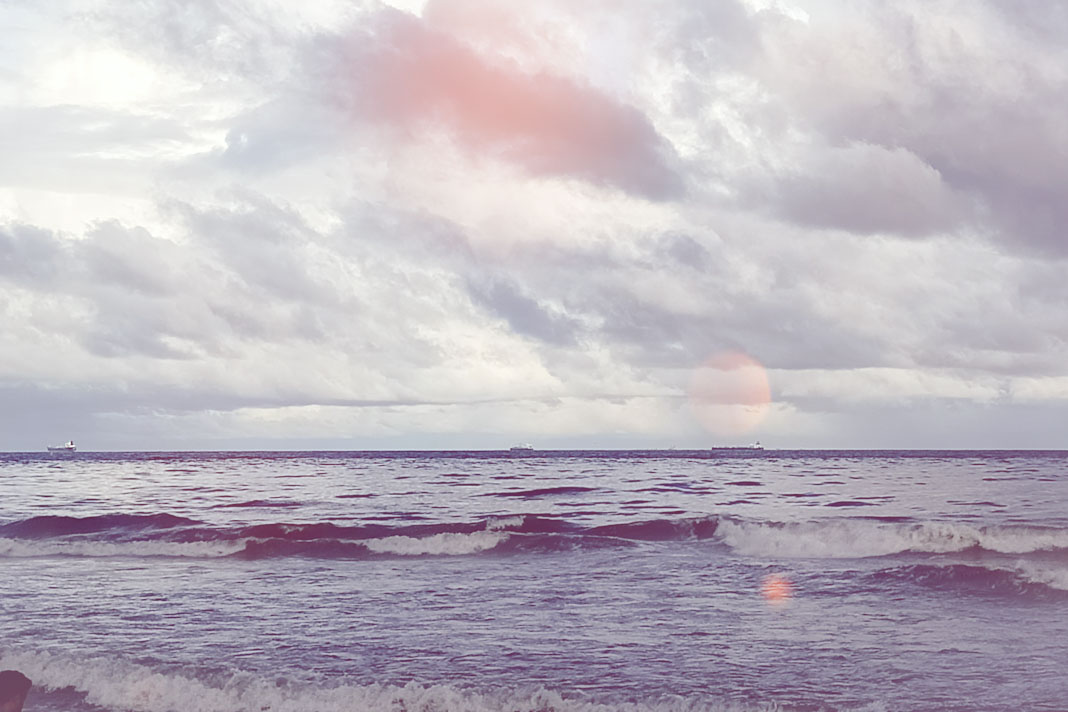- Groke Technologies is calling on marine insurers, P&I Clubs, and regulators to encourage the widespread adoption of ship situational awareness systems to mitigate the rising number of claims related to collisions and other accidents attributable to human error.
- Amid growing concerns among insurers about the increasing ship traffic and shortage of seafarers, the potential for ship collisions and related incidents at sea has become a pressing issue.
- Despite a decrease in overall ship losses, the frequency of navigational incidents, collisions, and near-misses remains troubling.
Statistics Highlighting the Issue
Jonas Bergring, Groke Technologies’ Chief Commercial Officer, highlighted a ship safety report published in late 2023 by Allianz Global Corporate & Specialty, which found that 17% of all marine insurance claims between January 2017 and December 2021 were attributed to collision, foundering, or sinking. Of the 27,477 incidents reported during this period, 3,098 were due to collisions, making it the second most common cause of shipping incidents globally. Additionally, collision accounted for about 1 in 10 of the 3,032 incidents reported in 2022, indicating a 5% increase from 2019.
Contributing Factors to Collisions
Casualty investigations by the European Maritime Safety Agency (EMSA) revealed that collisions were second only to power loss as the main cause of ship incidents. The most serious collision-related accidents occurred at night (50%), during twilight (12%), or in bad weather during the daytime (9%). Contributing factors include bad weather, poor visibility, watchkeeper fatigue, information overload, and congestion, especially in busy waters like the British Isles, South China Sea, and Singapore Strait.
The Role of Situational Awareness Systems
Groke Technologies believes that situational awareness systems can significantly reduce these risks. These systems integrate data from the ship’s navigational systems, including radar, AIS, GNSS, and thermal and visual cameras, to provide real-time risk analysis and a comprehensive view of the vessel’s surroundings. This technology helps bridge crews make better navigational decisions, enhancing safety in congested and challenging waters.
Benefits of Adoption
By partnering with the marine insurance community, Groke Technologies aims to reduce human error-related incidents, ensuring safer navigation and reducing financial and environmental risks. Bergring anticipates that integrated ship situational awareness technology will become a mandatory IMO requirement by 2028, with class notations and voluntary IMO guidance likely by 2026.
Groke Pro and Groke Fleet Systems
The Groke Pro system assists watchkeepers by associating objects between the camera view and the chart view, reducing cognitive stress and potential mistakes. The recently launched Groke Fleet expands situational awareness to onshore offices, providing fleet managers with an overview of their fleet’s safety and efficiency. It also aids in claim handling by recording significant events during voyages.
Industry Adoption
Shipping companies that have already installed Groke Technologies’ systems include Mitsubishi Corporation, Uyeno Transtech, Tsurumi Sunmarine, Asahi Tanker, Tokyo Kisen, K-Line, and U-Ming Marine. The technology is also in use on the MC Shipping-owned, Cargill-operated wind-assisted bulk carrier, Pyxis Ocean.
Groke Technologies is committed to enhancing maritime safety through the adoption of advanced situational awareness solutions, aiming to reduce collisions and related insurance claims, thereby promoting safer and more efficient shipping operations.
Did you subscribe to our daily Newsletter?
It’s Free! Click here to Subscribe
Source: Groke
























